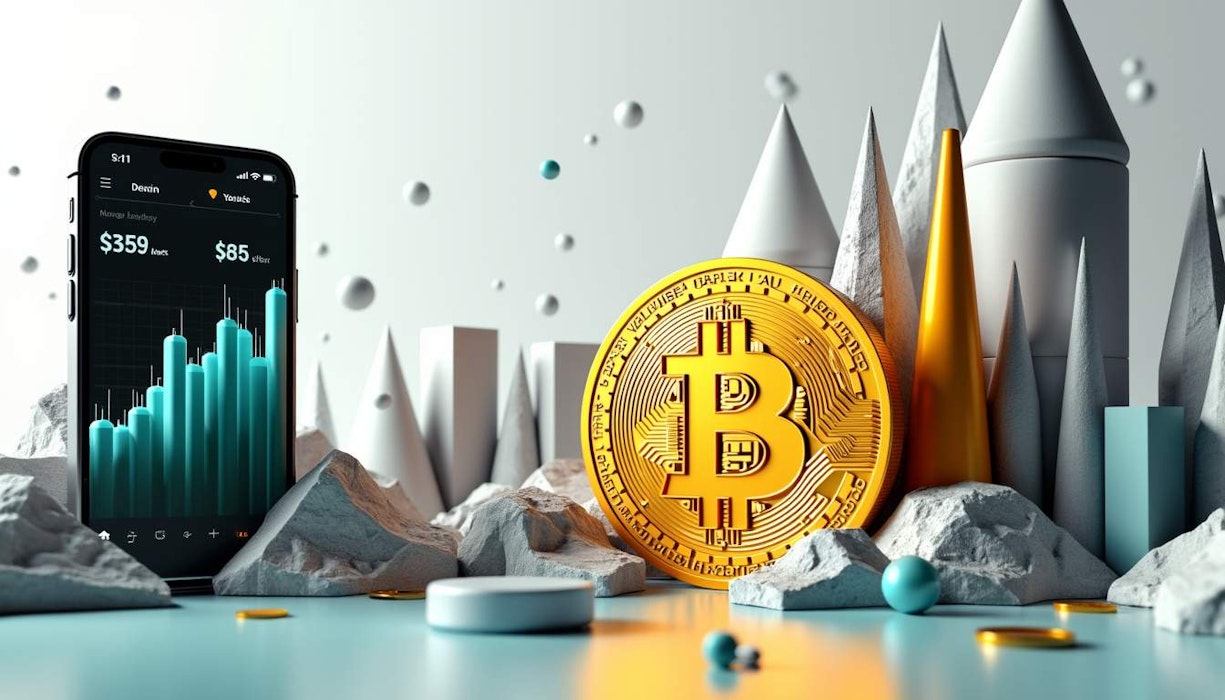It looks like Bitcoin ETFs are the hot topic these days. They're pulling in billions and changing how people invest in crypto. With BlackRock's ETF at the forefront, it seems like everyone is jumping on board these regulated vehicles. But why are so many moving away from traditional crypto exchanges? Let's dive into the details and see what's really going on.
What’s Up with BlackRock’s Bitcoin ETF?
BlackRock's spot Bitcoin ETF just had a jaw-dropping day on November 7, pulling in over $1 billion after some hefty outflows just two days prior. To put things into perspective, this fund accounted for a staggering 82% of all spot Bitcoin ETF inflows that day. And guess what? Bitcoin hit a new all-time high of $76,943 right around this time.
Some folks think that Trump's recent political win is a big factor here. His pro-crypto stance is seen as a breath of fresh air compared to the current administration's more hostile approach. Some analysts even speculate that Trump could be the catalyst to push Bitcoin past $100k! It’s wild how political winds can change market sentiments so quickly.
The Political Angle
It’s no secret that politics can sway markets, and cryptocurrency is no exception. Trump's victory and his favorable view towards cryptocurrencies have created quite a buzz. In contrast, the Biden administration has been more aggressive with its regulatory stance, which many in the crypto community view as an attempt to stifle innovation.
Political events can lead to significant price swings; just look at how Trump’s election win sent Bitcoin soaring! And let’s not forget about Gary Gensler—Trump has promised to fire him if he gets into office, which could lead to a friendlier regulatory environment for crypto… or it might just open up a whole new set of issues.
Why Are ETFs Winning Over Traditional Exchanges?
Safety First
Bitcoin ETFs offer an added layer of security since they are managed by professional custodians who keep the Bitcoins safe in secure vaults. This minimizes risks associated with self-custody—like losing your private keys or getting hacked.
Regulatory Peace of Mind
These ETFs operate under the watchful eye of the SEC, which means they’re subject to strict regulations designed to protect investors. Traditional crypto exchanges don’t always have that level of oversight, leaving users more vulnerable.
User-Friendly
Let’s face it: buying an ETF is way easier for most people than navigating through crypto exchanges and wallets. You can trade them through your regular brokerage account without having to learn about blockchain technology or manage digital assets.
Risk Management
ETFs typically employ multiple layers of security (think cold storage) to safeguard against theft or loss. If you’re managing your own Bitcoins and make one wrong move with your keys, you could lose everything.
Trust Factor
The combination of regulatory approval and professional management boosts investor confidence in ETFs. While some traditional exchanges have improved their game post-FTX collapse, they still carry higher risk due to potential user errors and less stringent regulations.
What Does This Mean for Crypto Trading Platforms?
The surge in popularity of Bitcoin ETFs might spell trouble for direct crypto trading platforms. Since their inception earlier this year, these ETFs have gathered around $60 billion in assets—clearly indicating that many prefer the straightforward nature of trading via conventional brokerage platforms over engaging directly with cryptos.
The massive capital inflow facilitated by these instruments could also enhance investment into better infrastructure within the cryptocurrency ecosystem—leading possibly towards improved payment systems even for small businesses looking at cross-border solutions.
Summary
Bitcoin ETFs seem poised to revolutionize how we think about investing in cryptocurrencies; offering safety convenience while being backed by solid regulatory frameworks makes them attractive options. However, whether this trend will diminish usage rates among direct trading platforms remains uncertain. As always, it's essential tread carefully given inherent volatility present within crypto markets
